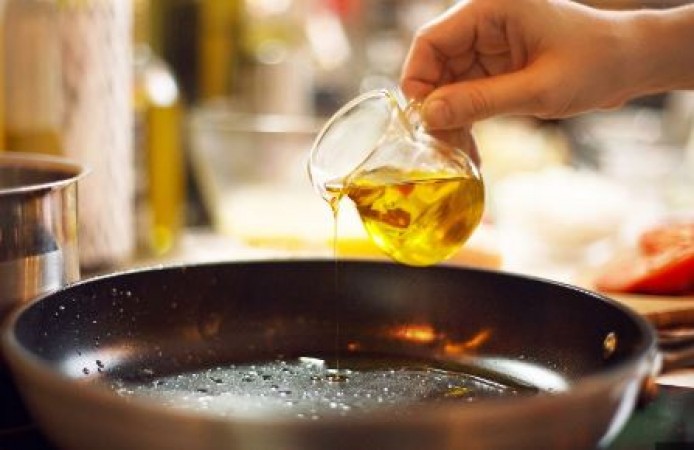
Heating cooking oil is a common practice in kitchens around the world, but did you know that it can pose serious risks to your health if done improperly? In this article, we'll explore the dangers associated with overheating cooking oil and how you can protect yourself and your loved ones.
Before delving into the risks of overheating cooking oil, let's first understand what cooking oil is and why it's commonly used in culinary practices. Cooking oil is a liquid fat derived from plants or seeds, such as olives, soybeans, or sunflowers. It is widely used in frying, baking, and sautéing to add flavor, texture, and moisture to food.
There are various types of cooking oil available, each with its own unique flavor profile and smoke point. Common types of cooking oil include:
Each type of cooking oil has a different smoke point, which is the temperature at which the oil begins to break down and produce smoke. Heating oil beyond its smoke point can lead to the formation of harmful compounds and toxins.
When cooking oil is heated beyond its smoke point, it undergoes chemical changes that can lead to the formation of harmful compounds, such as acrolein, acrylamide, and free radicals. These compounds have been linked to various health problems, including cancer, cardiovascular disease, and inflammation.
Overheating cooking oil can also result in the degradation of its nutritional content. Essential nutrients, such as vitamins and antioxidants, may be destroyed or rendered less effective, diminishing the health benefits of the oil.
Consuming foods cooked in overheated oil has been associated with an increased risk of heart disease. The harmful compounds formed during the heating process can contribute to the buildup of plaque in the arteries, leading to hypertension, stroke, and other cardiovascular conditions.
In addition to posing risks when ingested, overheated cooking oil can also release harmful fumes into the air, which may irritate the respiratory system and exacerbate conditions such as asthma or bronchitis.
To prevent overheating cooking oil, use a kitchen thermometer to monitor the temperature closely. Different types of oil have different smoke points, so be sure to heat the oil to the appropriate temperature for the dish you are preparing.
Repeatedly heating and reusing cooking oil can accelerate its degradation and increase the formation of harmful compounds. Instead, dispose of used oil properly and use fresh oil for each cooking session.
Consider alternative cooking methods that require less oil, such as baking, steaming, or grilling. These methods can help reduce your exposure to overheated cooking oil while still allowing you to enjoy delicious and nutritious meals.
Ensure that your kitchen is well-ventilated when cooking with oil to minimize exposure to airborne fumes. Use an exhaust fan or open windows to allow fresh air to circulate and carry away any lingering odors or smoke. While cooking oil is a staple ingredient in many kitchens, it's important to be aware of the risks associated with overheating it. By understanding the dangers and following proper cooking techniques, you can safeguard your health and enjoy delicious meals with peace of mind.
Realme 12X 5G Set to Launch in India: Here's What You Need to Know
776cc engine, price Rs 10.30 lakh; Suzuki launches new motorcycle
New Instagram Reels Update Might Introduce 'Blend' Feature: Here's How it Works